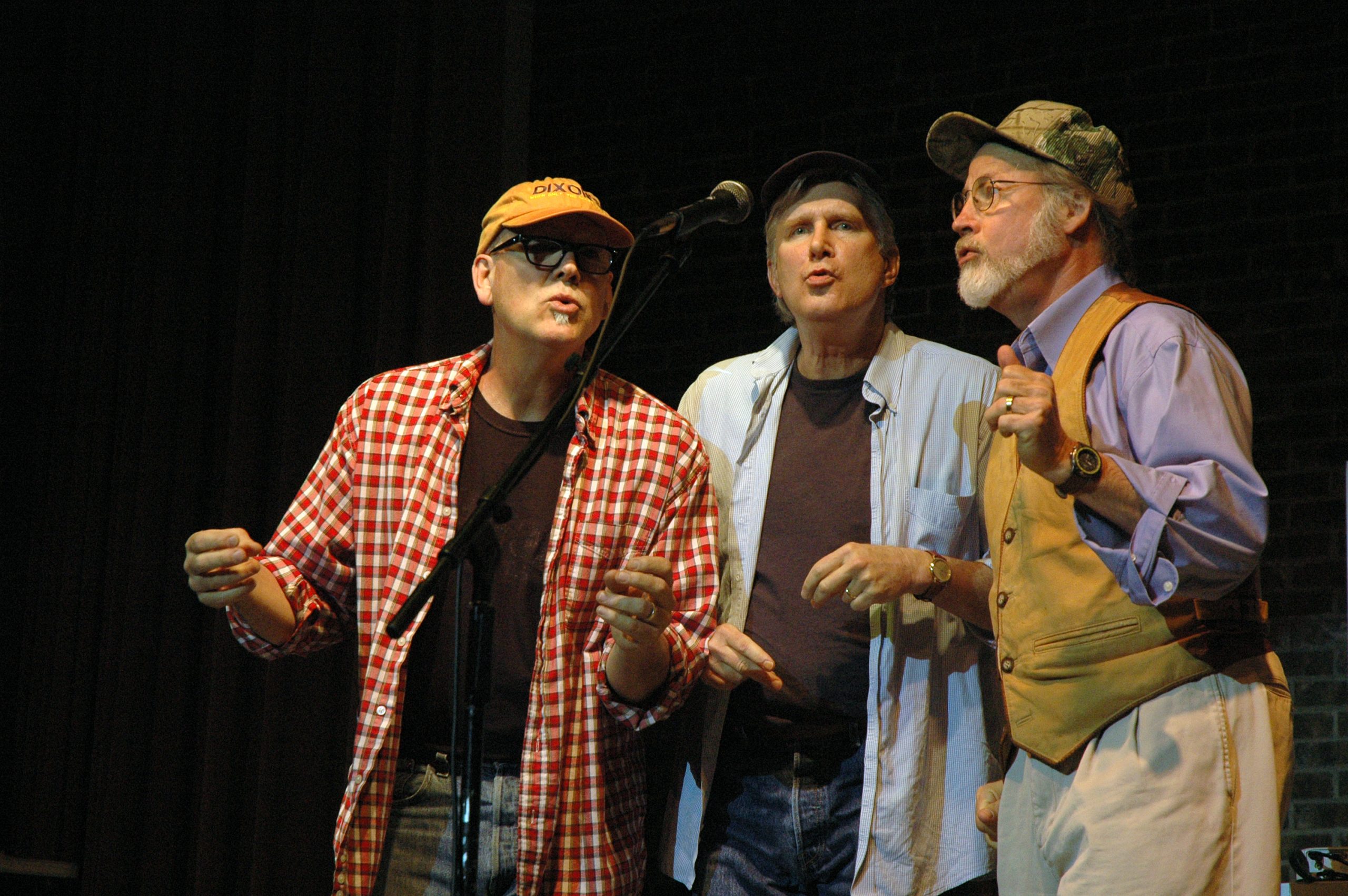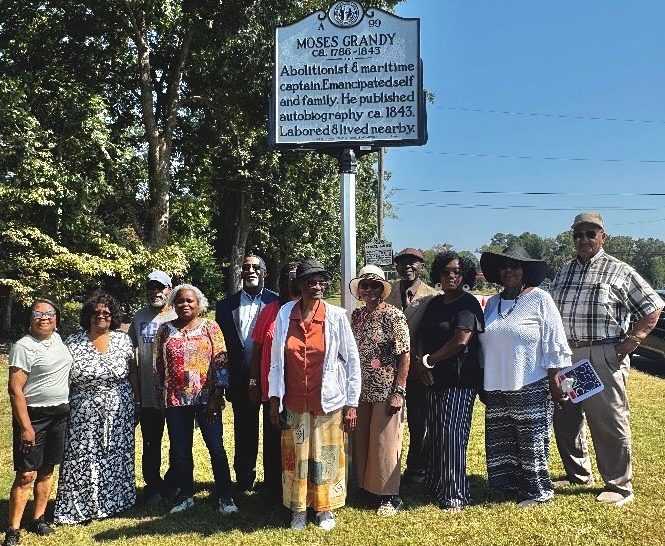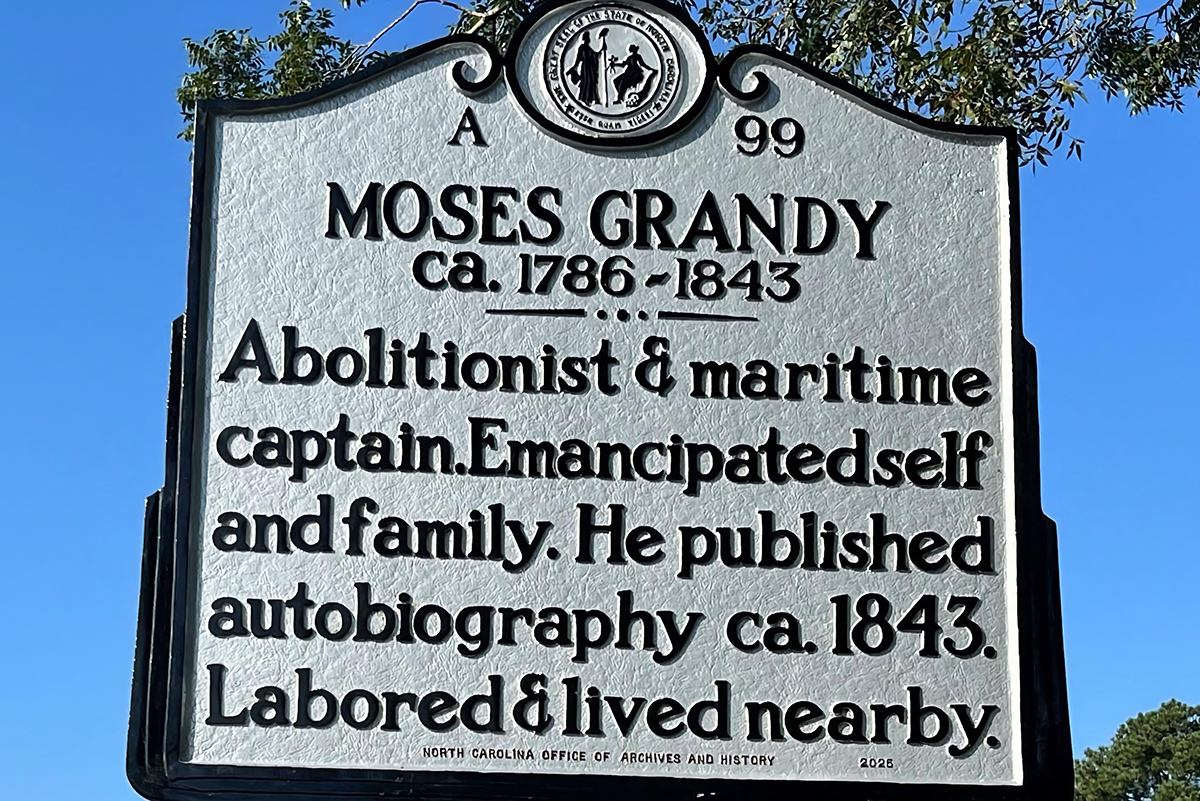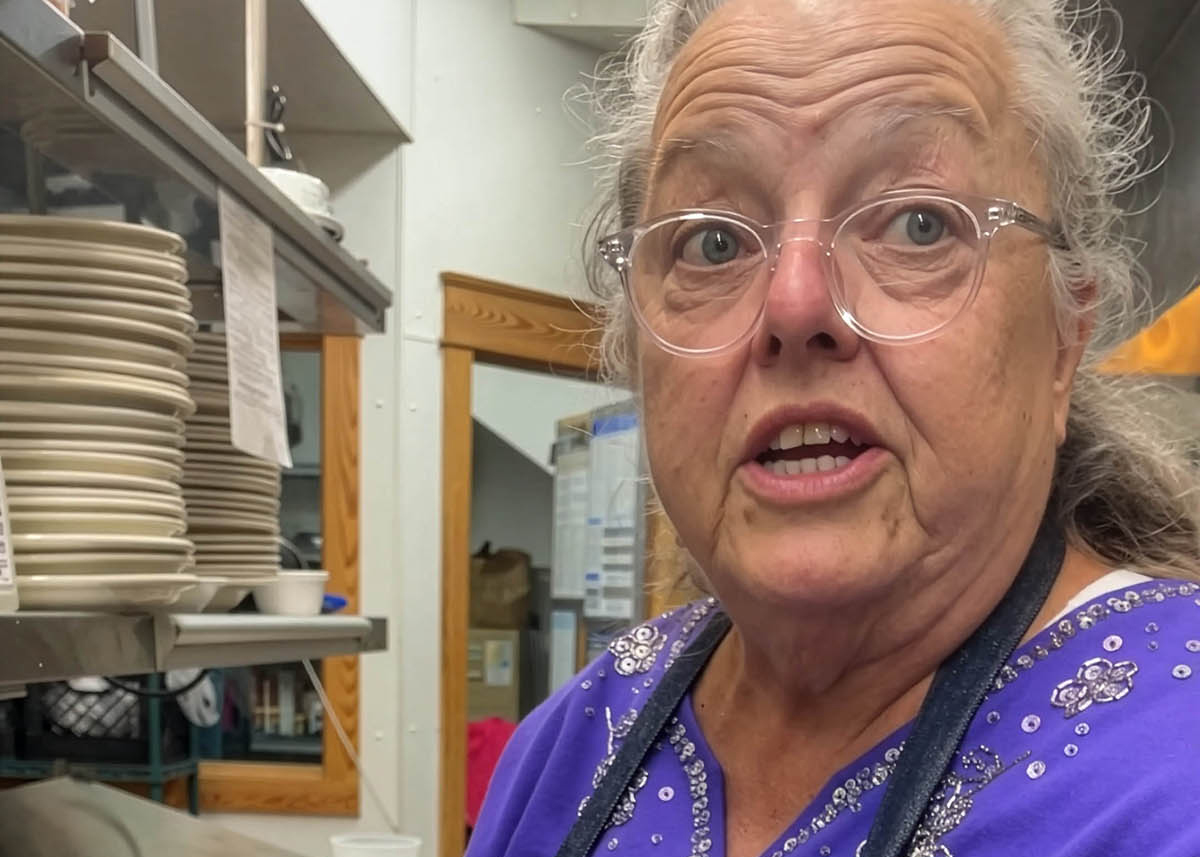
The Coastal Cohorts will breeze into homes beginning Wednesday when they stream a recorded Public Broadcasting System version of their timeless-as-the-tide, beloved, down-by-the-sea musical, “King Mackerel and the Blues are Running” to raise money for area environmental and coastal culture organizations.
Although anyone can stream the music live for free, the Cohorts are urging folks to buy the music or video online, and the proceeds will benefit the Core Sound Waterfowl Museum and Heritage Center on Harkers Island Wednesday; the Wilmington- and New Bern-based North Carolina Coastal Land Trust Thursday; the Durham-based North Carolina Nature Conservancy Friday; and Coastal Review Online publisher the North Carolina Coastal Federation, based in Ocean near Newport Saturday.
Supporter Spotlight
It’s the 35th anniversary of the first performance of “King Mack,” which writers Jim Wann and Bland Simpson debuted with Don Dixon in Rhythm Alley in Chapel Hill in 1985.
Wann sings and plays guitar, Dixon sings and plays mostly bass and Simpson sings and plays piano. They’re cohorts literally and figuratively, having met in the ’70s at the University of North Carolina Chapel Hill.They first performed the musical in Carteret County as a fundraiser for the Coastal Federation in June 1986 and it has since been performed live on Broadway and in the Kennedy Center in Washington, D.C., among countless other locales up and down the East Coast.
Numerous Carteret County performances have sold out over the years at Carteret Community College as fundraisers for the federation, for which Simpson has been a board member.
Dixon, who’s also known as a solo rock artist, producer and as one half of a performing duo with his wife, Marti Jones, grew up in South Carolina, near Charlotte.
As a producer, Dixon crafted REM’s early records as well as others in the booming college rock genre in the 1980s and ’90s. He grew up visiting and reveling along the North Carolina coast, and preserving its natural environment remains dear to his heart, despite his now longtime Ohio residency.
He spent summers at an aunt’s house in Bath on Pamlico Sound, and soaked in the feel of the Outer Banks and the inland waterways, as well as the nearby ocean.
“It still means a lot to me,” Dixon said of the coast, “and so does the show,” which is near and dear to the hearts of many coastal residents who’ve seen and heard it.
“Jim had success with Broadway musicals (including the Tony-nominated ‘Pump Boys and Dinettes’),” Dixon said. But none of the three expected “King Mack” to catch fire and become a cultural touchstone.
Dixon understands why. It celebrates coastal values and preservation, he said, “and it’s just fun,” with songs in a variety of styles, ranging from rockers to sentimental, heart-wrenching love ballads and crazy tales to which many can relate.
It’s rollicking and roots-ish, with a screen behind the trio showing footage of hurricanes and other things familiar to coastal denizens. The show features songs about fishing trips that turned into disasters, devastating hurricanes, ghosts, lost loves, wild ponies, bad-outcome joyrides on the beach in “borrowed” cars and life “on the soundside.”
A recorded version isn’t the same as being there, but Dixon, whose musical career dates back to the seminal Chapel Hill-based band Arrogance, is happy new folks will get to see it, and especially happy to help raise money for worthy coastal groups.
Simpson, a northeast North Carolina native, long a member of the famous Red Clay Ramblers and a UNC professor of creative writing, recalled its accidental origins.
A lawyer who represented the beach music band the Embers had seen Wann’s “Pump Boys” show and wanted to see if Wann and Simpson could write something beachy that his clients could turn into a show.
“So,” Simpson said, we just started making a list of coastal things, like pier fishing, night fires on the beach, things that were kind of universal experiences at the coast. Then it turned out the Embers couldn’t do it, so Jim and I kept going anyway.”
After the debut in Chapel Hill, UNC graduate Todd Miller, founder and executive director of the Coastal Federation and a fan of the show, called and asked the Cohorts to perform it live as a fundraiser in Carteret County in 1986.
That was the start of its climb to cultural phenomenon status on the coast.
The Cohorts performed it numerous times through about 1988, but Wann and Dixon moved out of the state. It kind of died.
But Miller, Simpson remembers, wouldn’t let it remain buried.
Finally, in spring 1994, Miller called and asked them to perform the show at then-Gov. Jim Hunt’s “Year of the Coast” convention in Wilmington.
“King Mack” was reborn, Simpson said, and he’s happy it was.
“We love each other and we love doing it,” he said.
It was amazing, he said, to play it for more than a month in the Kennedy Center, where the show’s lighting director lived on a houseboat and arrived for shows on a 14-foot boat after a long run down two rivers to the famed theater in Washington, D.C.
“It was so “Cohort-ish,” Simpson said. “That’s an adjective we use a lot.”
The last live performance was in January 2019 on Tybee Island, Georgia.
Simpson said that for the show’s 35th anniversary, they wanted to raise money for their usual good causes. But with the coronavirus pandemic raging, staging “King Mack” live and touring as planned weren’t feasible.
Streaming the classic PBS show at no charge gives everyone a chance to see it again, and the Cohorts hope folks will net some copies to bring the organizations some cash at the end of the year, a traditional time of charitable giving.
The show’s plot is that a hurricane blew down Miss Mattie Jewell’s pier and guest house at North Carolina’s Corncake Inlet, which hasn’t existed in decades. The Cohorts set out to save the business so she wouldn’t have to sell to the “Greedhead” developers.
The show opens with the rousing theme song, “King Mackerel and the Blues are Running,” which features Simpson talk-singing the weather forecast.
“I thought that would be fun,” Simpson said. “It was. But it was hard to do it at speed, over chord changes. I think I probably rehearsed it a thousand times before I got it.”
From there the show unfolds with more songs and tales, spoken and acted.
Wann attributes “King Mack’s” continuing appeal to the lure and beauty of the coast — and to timing.
“When we started writing it, I guess in ’83 or ’84, there really hadn’t been any major hurricanes to hit the Carolinas coast in a long time,” he said. “Then there was Hugo, and after that, they started picking up.”
That’s still the case, and coupled with concerns about climate change and its impact on the coast, the theme remains relevant.
And, of course, there’s the timeless, universal nature of the songs about things people have always done along the shore.
People care about the coast, Wann said, because of those memories, but also because it’s always beautiful and always changing.
As for the Cohorts, Wann said music brought them together as friends in the early 1970s, and it keeps them together.
“In the beginning,” he said, “the music made the friendship, but now the friendship makes the music. It’s been a great way to walk through life.”
Wann also cherishes the connections they’ve made to people through the Coastal Federation, the Core Sound Museum and other organizations “King Mack” has helped support.
He hears from fans.
“People will tell me they lost their cassette tape of the original recording and ask if we can send them another one,” he said.
They obviously can’t do that, but “King Mack” lives on CDs and increasingly in digital form for download.
But it’s great, he said, that people who first had the music on a cassette tape still love it and want it.
It’s been remarkable,” he said of “King Mack’s” longevity, but also of his friendship with Dixon and Simpson and the connection to the state’s coast and its culture.







